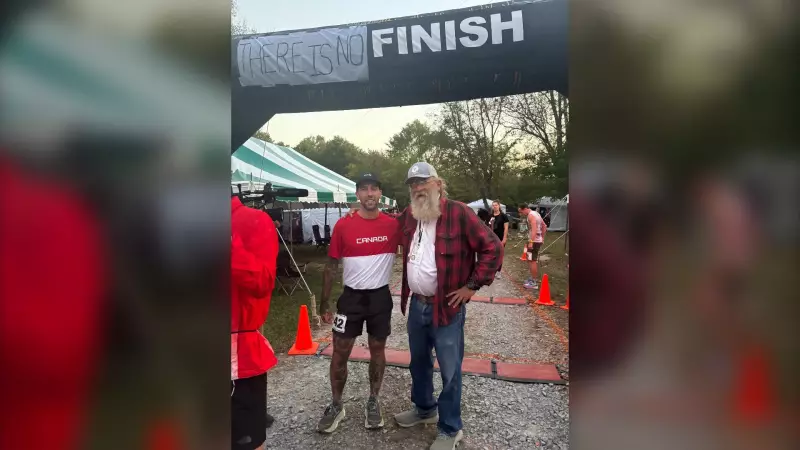
In an extraordinary display of human endurance that redefines the boundaries of athletic performance, a Nova Scotia ultra-runner has catapulted onto the global stage following a grueling 74-hour race that challenged conventional racing formats.
The Race That Never Ended
Dave Myles, a Halifax-based athlete, recently competed in Big's Backyard Ultra World Championships in Tennessee—a race with a revolutionary concept that eliminates the traditional finish line. Instead of racing toward a predetermined distance, competitors run a 4.167-mile loop every hour until only one runner remains standing.
"The mental challenge is unlike anything I've experienced," Myles explained. "There's no finish line to visualize, no distance to count down. You're simply running until your body or mind gives out."
Seventy-Four Hours of Continuous Motion
Myles persevered through 74 consecutive hours of running, covering approximately 308 miles—the equivalent of running from Halifax to Quebec City. His remarkable performance earned him a sixth-place finish among the world's toughest endurance athletes.
The race demands more than physical stamina; it requires strategic pacing, mental fortitude, and the ability to manage brief recovery periods. Runners have only the time between loops—often just 15-20 minutes—to eat, hydrate, and tend to their bodies before the next hour begins.
From Nova Scotia to World Stage
What makes Myles' achievement particularly remarkable is his background as a relative newcomer to the international ultra-running scene. The Halifax resident has quickly ascended through the ranks, now standing among athletes who specialize in pushing human limits.
"This performance puts Nova Scotia firmly on the map in the world of extreme endurance sports," Myles noted. "It shows that with dedication and the right mindset, athletes from our region can compete with the best in the world."
Redefining Athletic Achievement
The Backyard Ultra format, created by Lazarus Lake of Barkley Marathons fame, represents a paradigm shift in endurance racing. By removing the finish line, the competition becomes purely about perseverance and mental strength rather than speed or strategy.
Myles' achievement has resonated throughout the Canadian running community, inspiring both seasoned athletes and newcomers to reconsider what's possible in endurance sports. His performance demonstrates that sometimes the greatest victories come not from crossing a finish line, but from continuing to move forward when everything tells you to stop.





